- Добавил: literator
- Дата: 30-09-2023, 19:57
- Комментариев: 0
 Название: Processing for Android: Create Mobile, Sensor-aware, and XR Applications Using Processing, 2nd Edition
Название: Processing for Android: Create Mobile, Sensor-aware, and XR Applications Using Processing, 2nd EditionАвтор: Andres Colubri
Издательство: Apress
Год: 2023
Страниц: 401
Язык: английский
Формат: pdf, epub
Размер: 42.0 MB
Learn how to use the Processing programming language and environment to create Android applications with ease. This book covers the basics of the Processing language, allowing users to effectively program interactive graphics in 2D, 3D, and Extended Reality (XR). It also details the application of these techniques to different types of Android devices (smartphones, tablets, wearables, and smartwatches). This updated edition walks you through the entire process of creating an app, from the initial idea to release of the final app via the Google Play App Store. Over the course of the book, you’ll learn to write engaging apps driven by user interaction and sensor data. A comprehensive series of hands-on projects, ranging from simple sketches to more complex projects involving shaders, VR, and AR will give you the firsthand experience you need to begin developing your own projects. And once you have your Processing projects completed, you’ll be able to upload them to the Google Play store to be shared with the world!

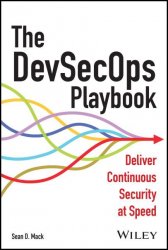
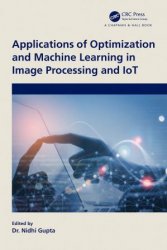

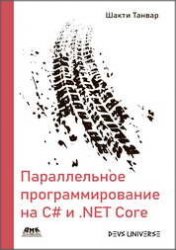
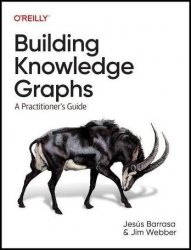
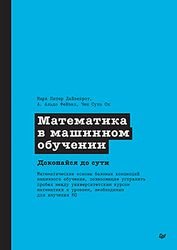
 Название: Learning Git: A Hands-On and Visual Guide to the Basics of Git (Final)
Название: Learning Git: A Hands-On and Visual Guide to the Basics of Git (Final)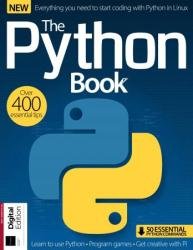 Название: The Python Book - 16th Edition, 2023
Название: The Python Book - 16th Edition, 2023